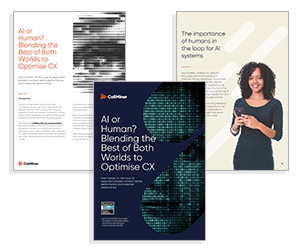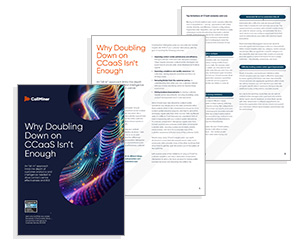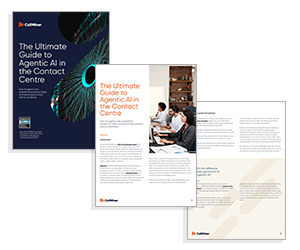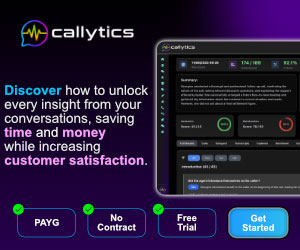It’s like the chicken and the egg – which came first: the call recorder or the recording engine? Honestly, it doesn’t matter. They are not necessarily inextricably linked, as they serve two very different use cases.
A call recorder is a piece of software (or hardware and software) that captures customer calls and stores them for later replay. Most recorders have a dynamic user interface to enable multi-criteria searching to quickly locate the calls you need most for compliance requirements, dispute resolution, quality assurance, and more.
While you may not think so, a recording engine is quite different. Yes, a call recorder has a recording engine within it, but we aren’t looking at it that way right now.
We are viewing a recording engine as a distinct piece of software that captures recorded calls and sends them directly to a transcription engine, which then sends the transcribed text on to a conversation analytics and intelligence engine – all of which can take place in fractions of milliseconds.
These solutions power real-time analytics which can identify at-risk customers before they leave, uncover compliance infractions while the agent is still on the phone, enable automated QA and so on.
One (a recorder) serves as a capture/playback device to store and replay the interactions themselves for various business purposes. The other (a recording engine) serves as a capture/streaming device, which feeds AI-powered speech analytics for keyword/phrase spotting.
This enables automated QA and other real-time functions (such as identifying at-risk customers or agent compliance infractions) that can drive real intraday advantages and risk mitigation.
An important component to consider is real-time vs. post-call in terms of how calls are handled and utilized.
Real-time audio capture arms your business with advanced capabilities that provide significant and immediate business value (e.g. rescuing customers considering defection, interceding in a failing sales call to save the sale, and many more).
Post-call audio capture also provides substantial value but in a less immediate manner (e.g. agent–supervisor call review, evidence for dispute resolution, and countless others).
Questions to Ask
The question now is, which one do you need/want for your organization? The long answer is that most large organizations have both to serve the two unique use cases, while some smaller organizations choose to forego the primary call recorder altogether, as they rely on the scaled-down recording functionality embedded within their telephony system. If they are satisfied with its capabilities, they may opt for a recording engine alone to power their speech analytics.
The short answer is, you should have both. It is the best way to satisfy both use cases. Here are some questions to ask yourself to help determine which is the best route for your organization:
1. How do you plan/want to leverage your customer calls?
- Real-time, automated QA – recording engine
- Real-time customer rescue – recording engine
- Real-time compliance assurance – recording engine
- Real-time order verification – recording engine
- Post-call QA – recorder
- Post-call customer win-back – recorder
- Post-call compliance verification/proof – recorder
- Post-call dispute resolution – recorder
- Post-call order verification – recorder
2. How concerned are you about intraday performance improvements?
- Very concerned – recording engine
- Not overly concerned – recorder
3. Do you plan to store your recorded customer interactions?
- Yes – recorder
- No – recording engine
Take a few minutes to think through these questions and determine where your organization stands (or wants to stand) in terms of recorder vs. recording engine use cases. Your compliance, performance and risk management efforts depend upon it.
This blog post has been re-published by kind permission of CallMiner – View the Original Article
For more information about CallMiner - visit the CallMiner Website
Call Centre Helper is not responsible for the content of these guest blog posts. The opinions expressed in this article are those of the author, and do not necessarily reflect those of Call Centre Helper.
Author: CallMiner
Published On: 21st Mar 2022 - Last modified: 22nd Mar 2022
Read more about - Guest Blogs, CallMiner






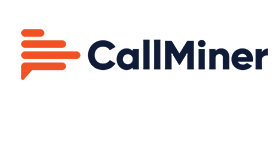 CallMiner, the leader in CX automation, combines AI agents and human expertise to optimise interactions, cut costs, and boost engagement. Advanced analytics transform conversations into intelligence that drives improvements and automation for global brands.
CallMiner, the leader in CX automation, combines AI agents and human expertise to optimise interactions, cut costs, and boost engagement. Advanced analytics transform conversations into intelligence that drives improvements and automation for global brands. 





